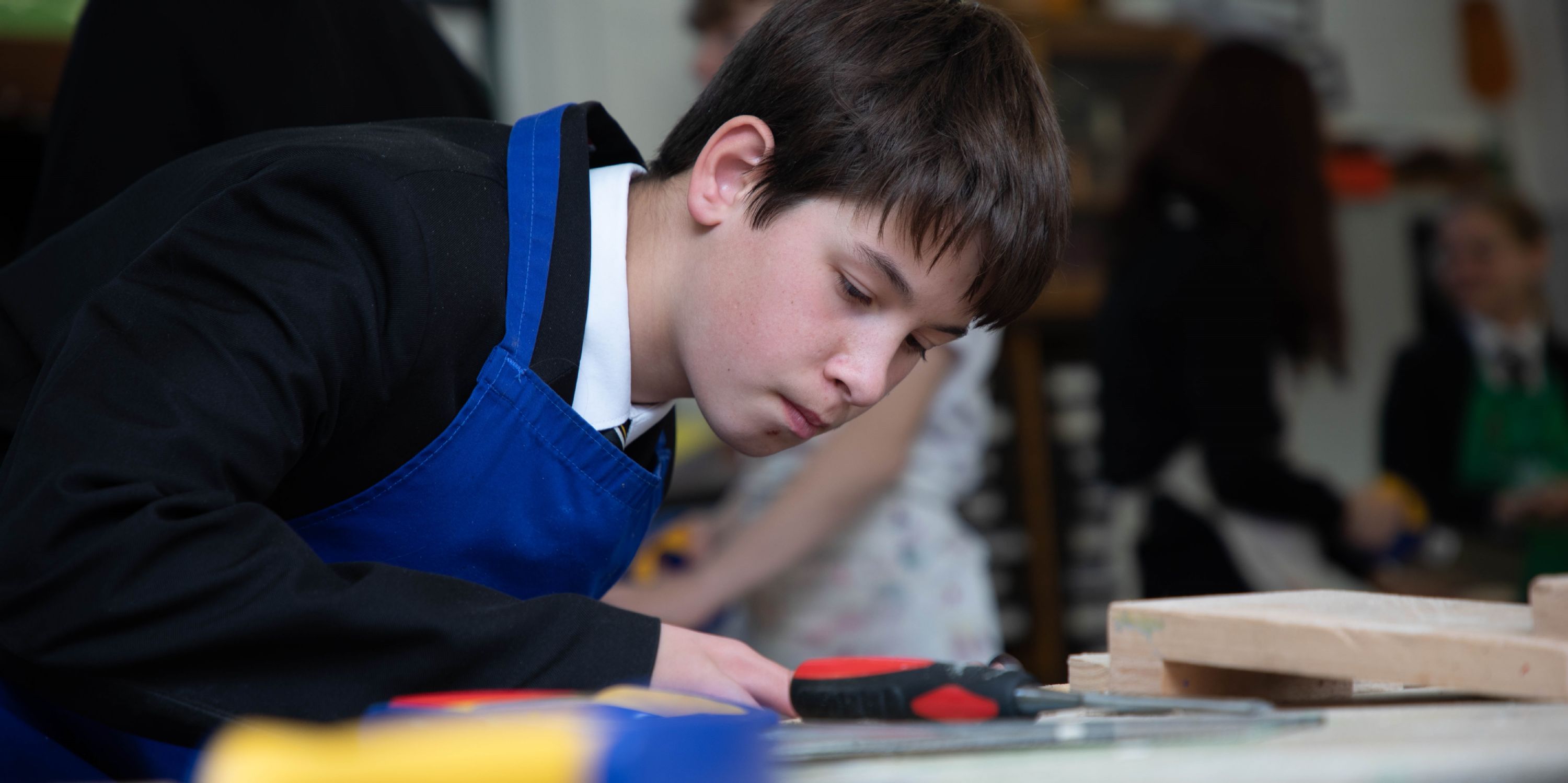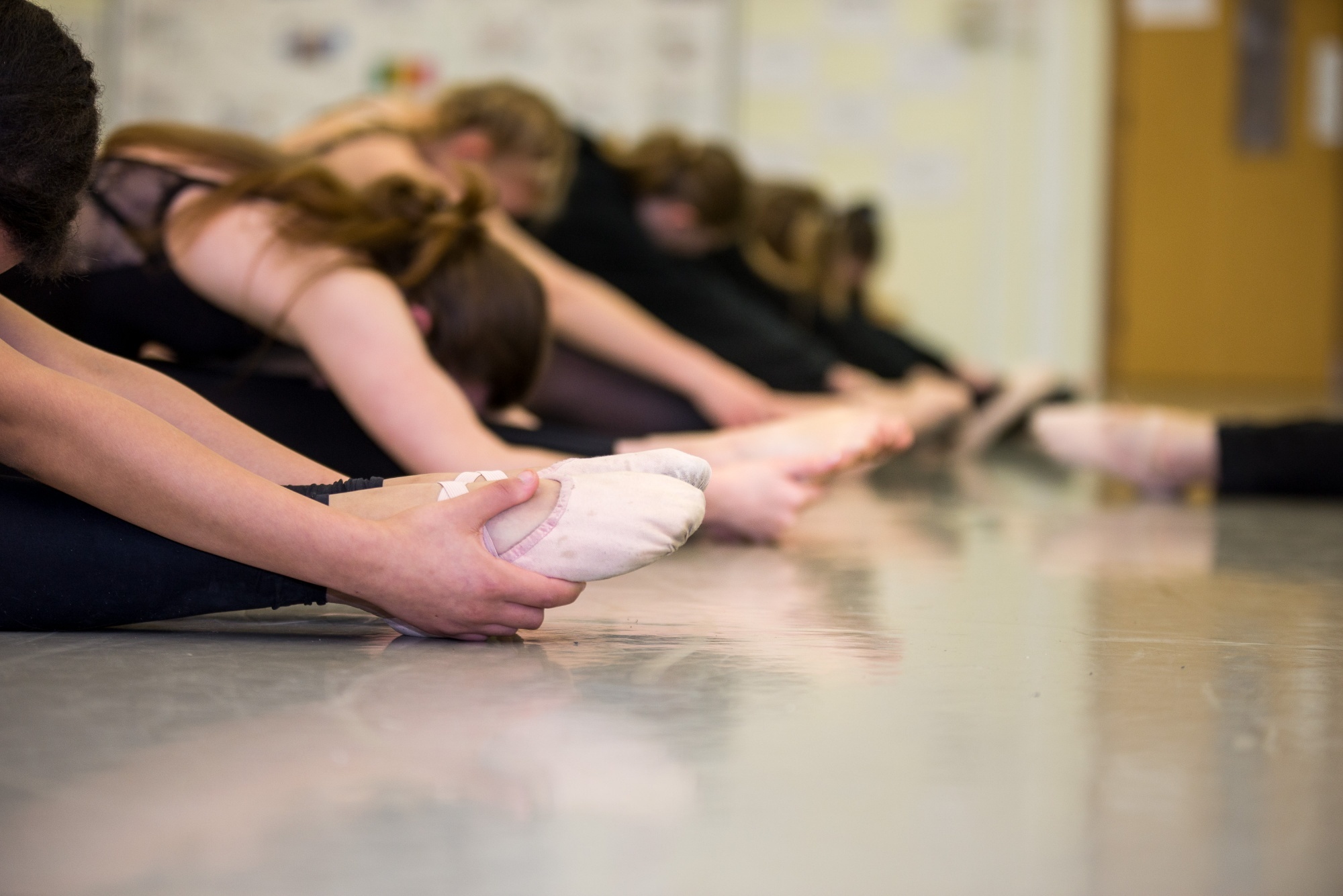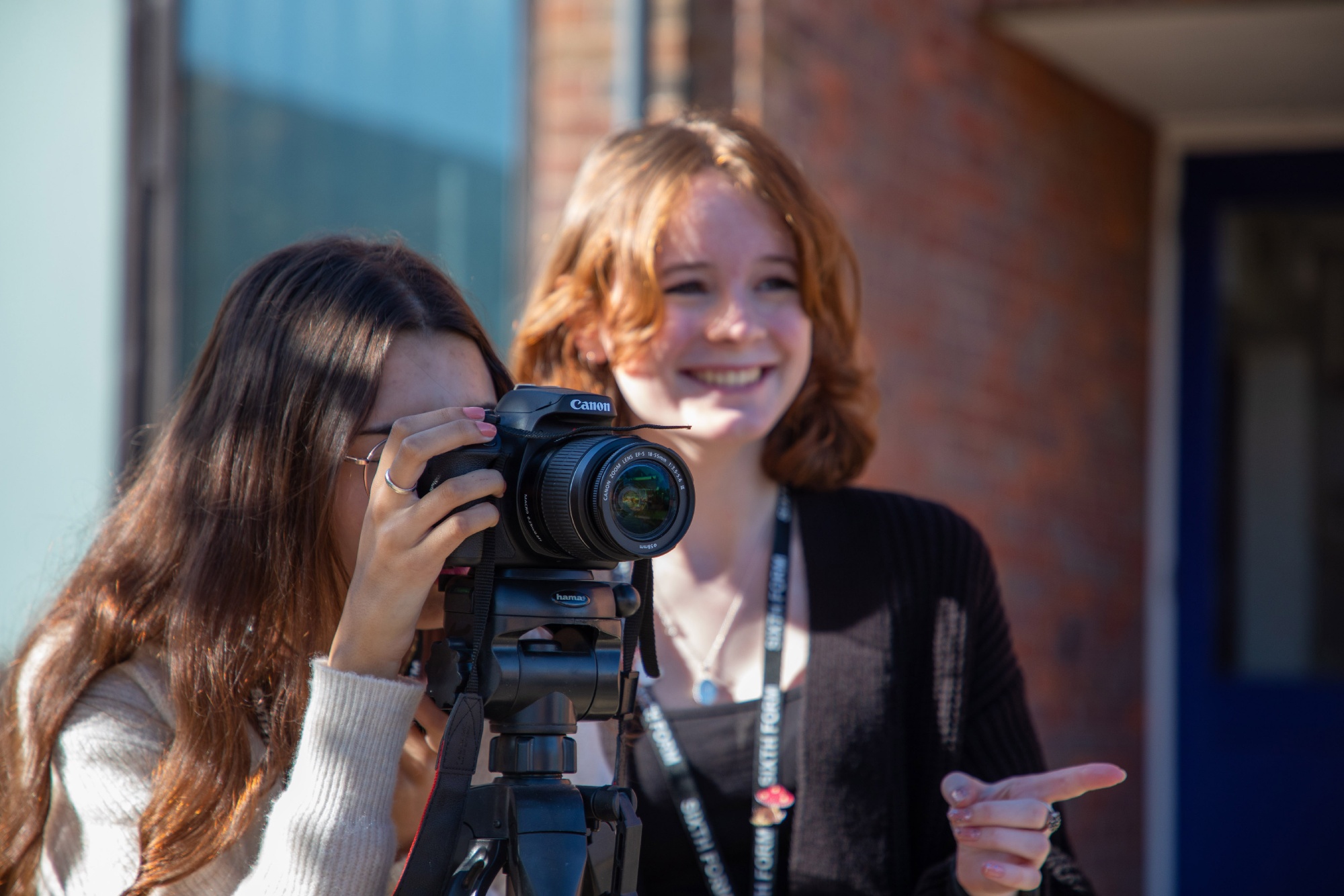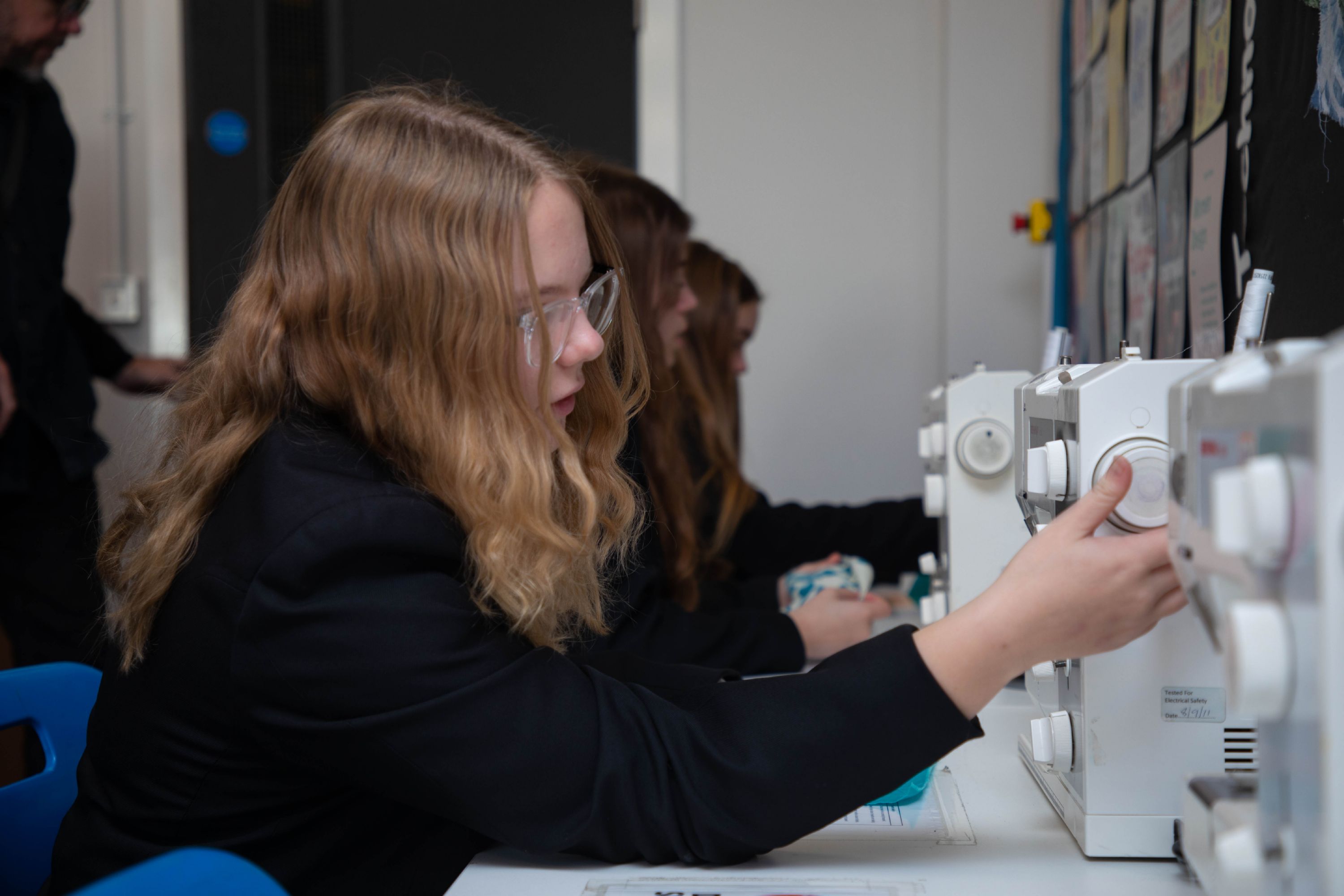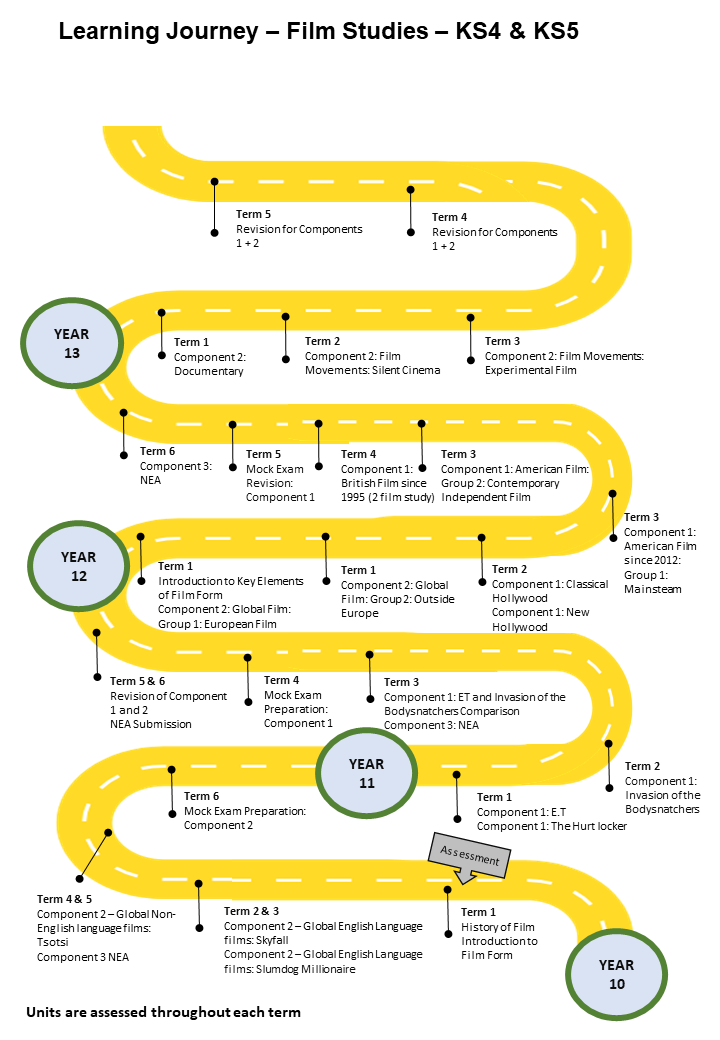Film Studies
Film Studies Curriculum Intent
The Film Studies curriculum is designed to encourage students to become critical receivers of the Film and question the Film Studies texts they are faced with. Curiosity and engagement into Film Studies will be encouraged through the KS3 Curriculum, studying adaptations of the texts that are studied as well as this.
In Film Studies, students will have the opportunity to analyse a wide range of media production sources ranging from Hollywood’s classical era, modern Hollywood production, independently produced film, British cinema, global film in English and global film in languages other than English. This analysis is explored through the theoretical framework which includes production language, audience, representation and industry. The practical component of the curriculum involves research, planning and writing of a convincing screenplay utilising appropriate conventions and software and reflection on what has been produced.
Whilst the texts at KS4 and KS5 have been set by the examination board, Eduqas, students will explore a wide range of unseen texts which have been carefully selected to explore a range of genres and Film production forms.
The course will provide students with a wide range of skills: resilience in the face of analysing unseen Film texts in examination conditions, evoke curiosity to discover more about the time periods and locations in which a Film was created, respecting the opinions of others whilst having the confidence and responsibility to express their own.
Being Engaged at Key Stage 3: learning with kindness and curiosity.
Although Film Studies is not explicitly taught in KS3 we believe integrating Film Studies into the KS3 English curriculum offers a powerful way to engage students by connecting them with stories, characters, and issues that resonate beyond the classroom. Film provides an accessible and visually rich medium through which students can explore narrative structure, character development, and genre — key components of English — in a format that feels immediate and relevant. Film Studies makes learning more inclusive and inspiring, empowering all students to reflect on what they have learnt (especially those who may not feel traditionally confident in English) and to find their voice in order to engage with texts in meaningful ways.
Being Independent at Key Stage 4: taking responsibility for learning and growth.
Film Studies encourages students to become independent, respectful thinkers by developing their ability to interpret meaning, analyse form, and form personal responses to complex texts. Through close viewing, critical discussion, and evaluative writing, students learn to articulate their own viewpoints and support them with evidence — fostering confidence in their analytical skills. The subject also nurtures independence through creative tasks, such as storyboarding, screenwriting, or film making, where students take ownership of the planning, decision-making, and problem-solving processes. Whether working individually or collaboratively, students are empowered to make informed choices, reflect on their learning, and develop a distinctive voice. By engaging with a range of global films and diverse perspectives, students become more self-directed in their exploration of culture, identity, and the world around them — building the curiosity, discipline, and critical awareness essential for independent learning.
Being Exemplary at Key Stage 5: habitually showing integrity, reflection, responsibility and respect.
Film Studies challenges and inspires students to become exemplary learners and role models by promoting intellectual curiosity, cultural awareness, and a strong sense of personal voice. Through the study of film — a medium that blends art, language, history, and society — students learn to think critically, express ideas with clarity, and engage respectfully with diverse perspectives. The subject demands high levels of analysis, creativity, and independent thought, encouraging students to exceed expectations in both academic and practical work. By engaging with powerful narratives and global themes, students develop empathy, resilience, and moral insight — qualities that shape them not only as outstanding scholars but as thoughtful, compassionate individuals. As they grow in confidence and character, students are empowered to model open-mindedness, respect, and integrity within their school community. Their ability to listen, lead discussions, and express themselves with purpose makes them powerful communicators and exemplary role models for others — both in and beyond the classroom. Film Studies fosters the creativity, empathy, and critical awareness that help young people become articulate, responsible, and inspiring members of society.
Film Studies DEPARTMENT Ethos
Within Film Studies, we champion the power of film as a dynamic medium that reflects, challenges, and shapes the world around us. Through the exploration of diverse cinematic voices, histories, and storytelling traditions, we aim to cultivate a deep sense of respect, empathy, creativity, tolerance and global understanding in our students.
We believe that studying film enables learners to step into lives and perspectives different from their own, fostering empathy and compassion through narratives that illuminate human experiences across cultures, communities, and time periods. Film becomes a space where difference is not only acknowledged but valued and, as such Film Studies is a vital window into the wider world — a subject that deepens students’ awareness of global issues, historical contexts, and social movements, enabling them to become more thoughtful, reflective, informed, and culturally literate citizens.
Through this ethos, our curriculum aspires to inspire students not only to appreciate film as an art form but to understand its profound role in shaping a more empathetic, creative, and interconnected world.
CAREERS linked to FILM STUDIES
Why Study Film Studies?
Film is one of the most powerful and influential art forms of the modern world. Studying film allows students to explore stories, cultures, and ideas that shape our understanding of ourselves and others. It helps them see how moving images can inform, persuade, entertain, and challenge us — making Film Studies not only a creative subject, but an essential one for life in a media-rich society. By studying film, students become critical viewers, confident communicators, and thoughtful creators. They learn to analyse visual language, narrative structure, and representation with depth and precision. They also gain valuable insights into history, society, and culture from local and global perspectives.
Skills You’ll Gain
- Critical thinking – interpreting meaning, evaluating techniques, and questioning messages
- Analytical writing – structuring clear, persuasive arguments with evidence
- Creative thinking – generating original ideas for film-making and storytelling
- Collaboration – working effectively in groups to plan, film, and edit project
- Media literacy – understanding how media influences audiences and shapes perception
- Cultural awareness – exploring diverse voices, traditions, and worldviews
- Technical skills – learning the basics of camera work, editing, and sound design
- Communication – expressing ideas clearly through speaking, writing, and visual media
Education & Career Pathways
GCSE Film Studies leading to:
Post-16 Options:
- A-Level Film Studies or Media Studies
- A-Level English Literature, Art, or Drama (linked through analytical and creative skills)
- BTEC Creative Media Production
Post-18 Higher Education Options:
Foundation Diplomas in Art, Media, or Film
Undergraduate degrees in:
- Film Studies
- Film making / Film Production
- Screenwriting
- Media and Communication
- Animation / Visual Effects (VFX)
- Broadcasting / Journalism
- Digital Media
- Cultural Studies
- English and Film / Film and Philosophy
Example Careers in Film Studies
Creative & Production Roles
- Director
- Screenwriter
- Cinematographer / Camera Operator
- Editor (Post-production)
- Producer
- Sound Designer / Sound Mixer
- Production Designer / Art Director
- Lighting Technician / Gaffer
- Costume / Set Designer
Media & Communication
- Journalist
- Film Critic / Reviewer
- Broadcaster / Presenter
- Social Media Manager
- Content Creator (YouTube, TikTok, etc.)
- Public Relations (PR)
- Advertising / Marketing Executive
Digital & Technical Careers
- Animator
- Visual Effects (VFX) Artist
- Game Designer
- Multimedia Specialist
- Web / Digital Content Developer
Academic & Educational Path
- Film/Theatre Academic or Lecturer
- Media/English Teacher
- Education Outreach Coordinator
- Archivist / Film Curator
- Researcher for TV/Film
Other Related Fields
- Event Management (e.g., Film Festivals)
- Talent Agent / Casting Director
- Script Reader / Development Executive
- Cultural Policy / Arts Administration
- Humanities Research / Cultural Criticism

